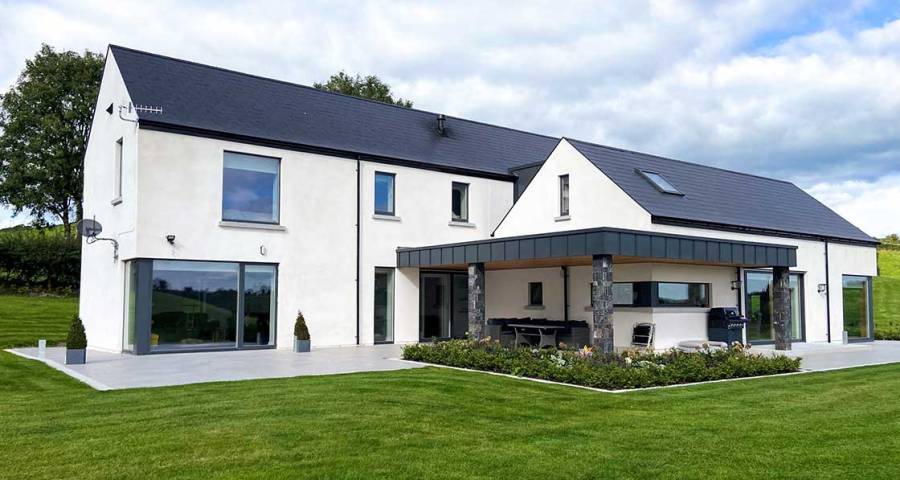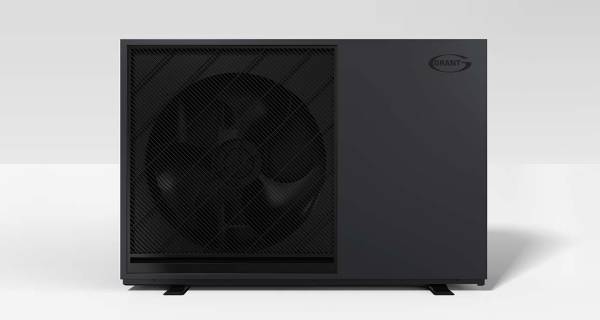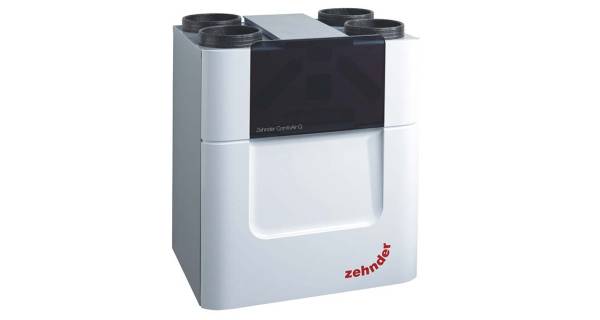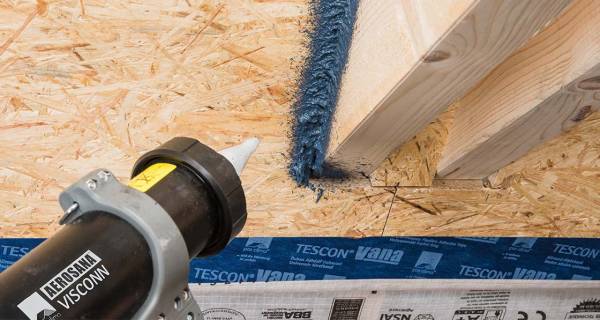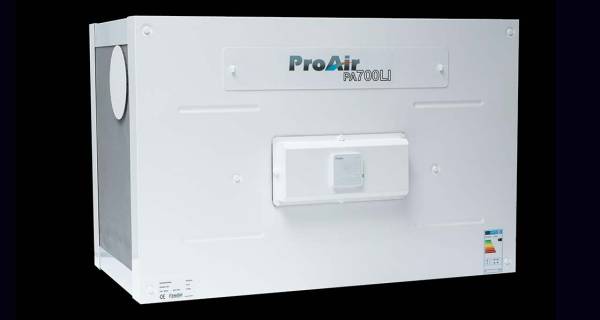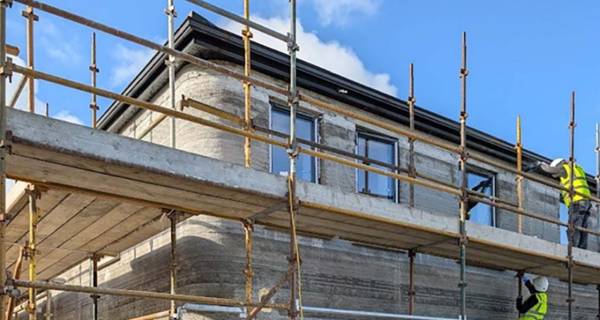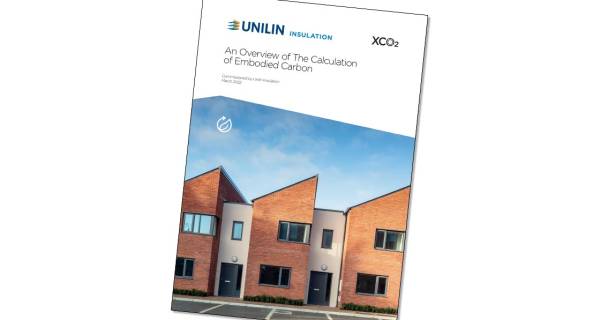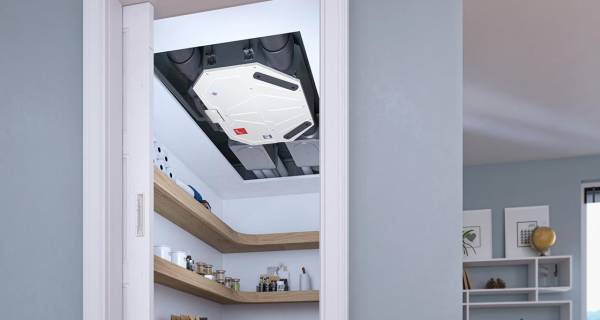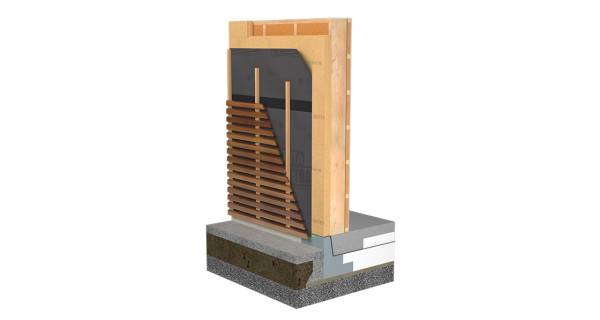Passive EcoWall from Ecological Building systems cuts whole life carbon
The construction industry can drive down embodied carbon emissions while achieving best practice energy performance - using a tried and tested solution from one of the UK’s pioneering green building product suppliers.
Grant launches new generation “game-changer” heat pump
Mitsubishi Electric supports WiBSE chapter launch
Since hosting their first women’s day event in 2022, Mitsubishi Electric Ireland have established themselves as leaders in creating a platform for women to come together, connect and bond.
Lung disease patient: Zehnder MVHR “the best thing I’ve ever had”
Proctor creates head of global sales for modular offsite sector
Why airtightness, moisture and ventilation matter for passive house
Ecological Building Systems technical specification advisor Dave Judd looks at airtightness, active moisture control and effective ventilation in passive house properties.
ProAir MVHR unit achieves up to 95% efficiency
Galway-based mechanical ventilation with heat recovery (MVHR) manufacturer ProAir has achieved best in class energy performance levels on a new MVHR system.
Ireland’s first 3D printed homes insulated with clay foam
Ireland’s first 3D printed housing project has been delivered in Dundalk – integrating Firetite aerated clay cavity wall insulation.
Dr. Barry Mc Carron appointed MD of KORE Retrofit
KORE Retrofit, a leading provider of sustainable retrofit solutions in Ireland, is pleased to announce the appointment of Dr Barry Mc Carron as its new managing director. Mc Carron brings extensive experience in sustainable development, building energy performance, and project management to this pivotal role.
Research opportunity for occupants of homes with PV
Firetite used to solve cavity wall issues in Dublin apartments
Ecocem appoints new UK and Ireland MD
Ecocem, Europe’s leading provider of low carbon cement technologies, has today announced the appointment of Sally Anne Sherry as managing director for its UK and Ireland business operations. In this position, Sherry will play a pivotal role in driving Ecocem’s growth and sustainability initiatives, and market presence in the UK and Ireland.
Grant integrated heating packages installed for 61 homes in Rathdrum
New tool to ease certification of smaller passive schemes
MgO boards to disrupt construction industry, report claims
Unilin UK launches embodied carbon report
Leading insulation manufacturer Unilin has produced a report on calculating and reducing embodied carbon while using the company’s products.
Zehnder launches MVHR system for tight spaces
Zehnder Group UK has launched the Zehnder ComfoAir Flex – a mechanical ventilation system with heat recovery (MVHR) specifically designed for tight spaces and challenging installation environments.
Tackling UK carbon emissions with Passive Ecowall
Beattie Passive appoints self-build manager
Passive house pioneer and offsite modular construction specialist Beattie Passive is delighted to announce the appointment of Simon Clarke to the newly created role of client solutions manager.

